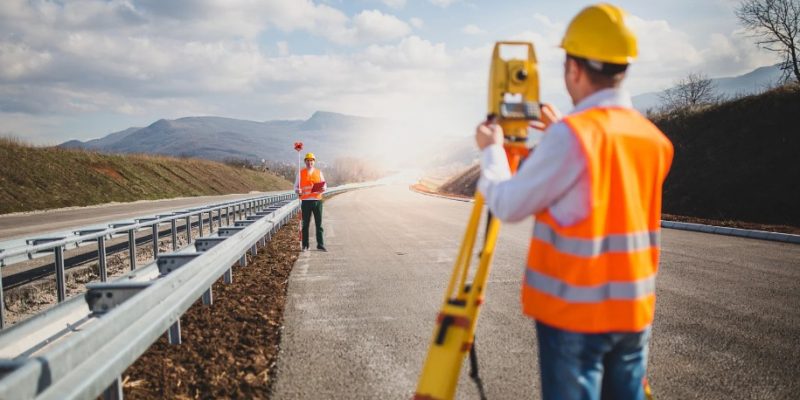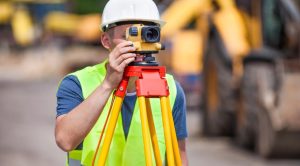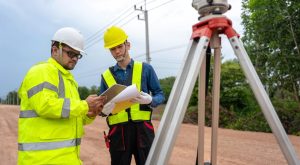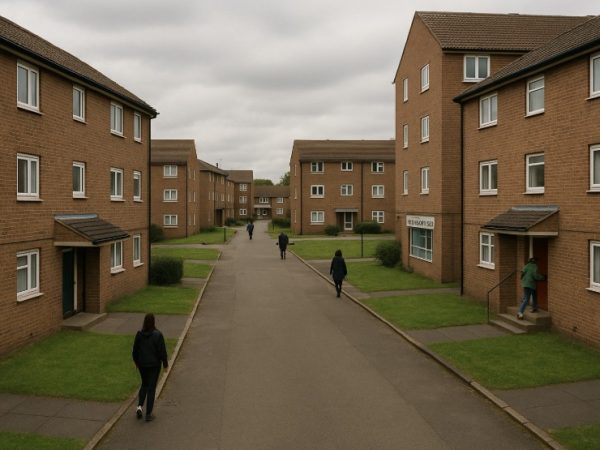
Do You Really Need a Surveyor and How Surveys Complement Conveyancing?
When buying a property, you’re likely to hear terms like surveys and conveyancing mentioned a lot.
If you’re unfamiliar with the process, you might wonder if a surveyor is truly necessary or if they’re just an extra expense. Let’s unpack why surveys are essential and how they work alongside conveyancing to give you peace of mind in your property journey.
Understanding What a Surveyor Does

A surveyor inspects a property to assess its condition and identify potential issues, such as structural weaknesses or hidden damage.
They can offer different types of surveys depending on your needs, with options ranging from basic condition reports to detailed building surveys. These inspections help uncover any problems that could turn into costly repairs later.
For instance, imagine purchasing a home without knowing the roof requires urgent replacement. Without a surveyor’s report, you’d likely face unexpected expenses post-purchase.
Their expertise ensures you have a clear picture of the property, empowering you to make informed decisions.
Conveyancing and Surveys: How They Work Together?
Conveyancing, on the other hand, focuses on the legal aspects of property transactions. It ensures that the ownership is transferred smoothly, with no hidden liabilities attached.
A conveyancer handles tasks like checking the title deeds, arranging searches, and preparing contracts.
While conveyancing ensures the paperwork is in order, surveys provide crucial information about the property’s physical condition. Together, they create a comprehensive overview that protects you from financial surprises.
Think of it this way: conveyancing ensures the property is legally sound, while a survey confirms it’s structurally sound.
When Should You Get a Homebuyers Survey?

If you’re buying a property that isn’t new or recently refurbished, it’s wise to get a homebuyers survey. This mid-level survey strikes a balance between affordability and detail, offering insights into significant issues like dampness, subsidence, or outdated electrical wiring.
It’s particularly useful for identifying problems that may influence the purchase price or require urgent attention.
For example, if the survey reveals major repairs, you could renegotiate the asking price or ask the seller to address the issues before completing the deal.
It’s a practical step that complements the legal safeguards provided by your conveyancer.
Why Skipping a Survey Could Cost You?
Skipping a survey might seem like a way to save money upfront, but it could prove costly in the long run.
Without one, you risk purchasing a property with hidden defects that could require extensive—and expensive—repairs.
Let’s say you forgo a survey and later discover that the house has severe damp problems. Rectifying this issue could run into thousands of pounds, leaving you financially strained.
By investing in a survey, you’re safeguarding yourself from unforeseen expenses and ensuring the property meets your expectations.
Choosing the Right Professionals for Your Property Journey

A smooth property purchase relies on having the right team by your side. While your conveyancer handles the legal framework, a surveyor provides the detailed property assessment you need. Together, they ensure the transaction is both secure and informed.
When selecting a surveyor or conveyancer, look for professionals with strong reputations and relevant experience.
Recommendations from trusted sources can help you make the right choice, giving you confidence in your property investment.
Last Word
Buying a home is one of the biggest investments you’ll ever make. By combining conveyancing with a professional survey, you’re taking a proactive approach to protect that investment.
The insights from a surveyor can guide your negotiations, while your conveyancer ensures a smooth transfer of ownership.





